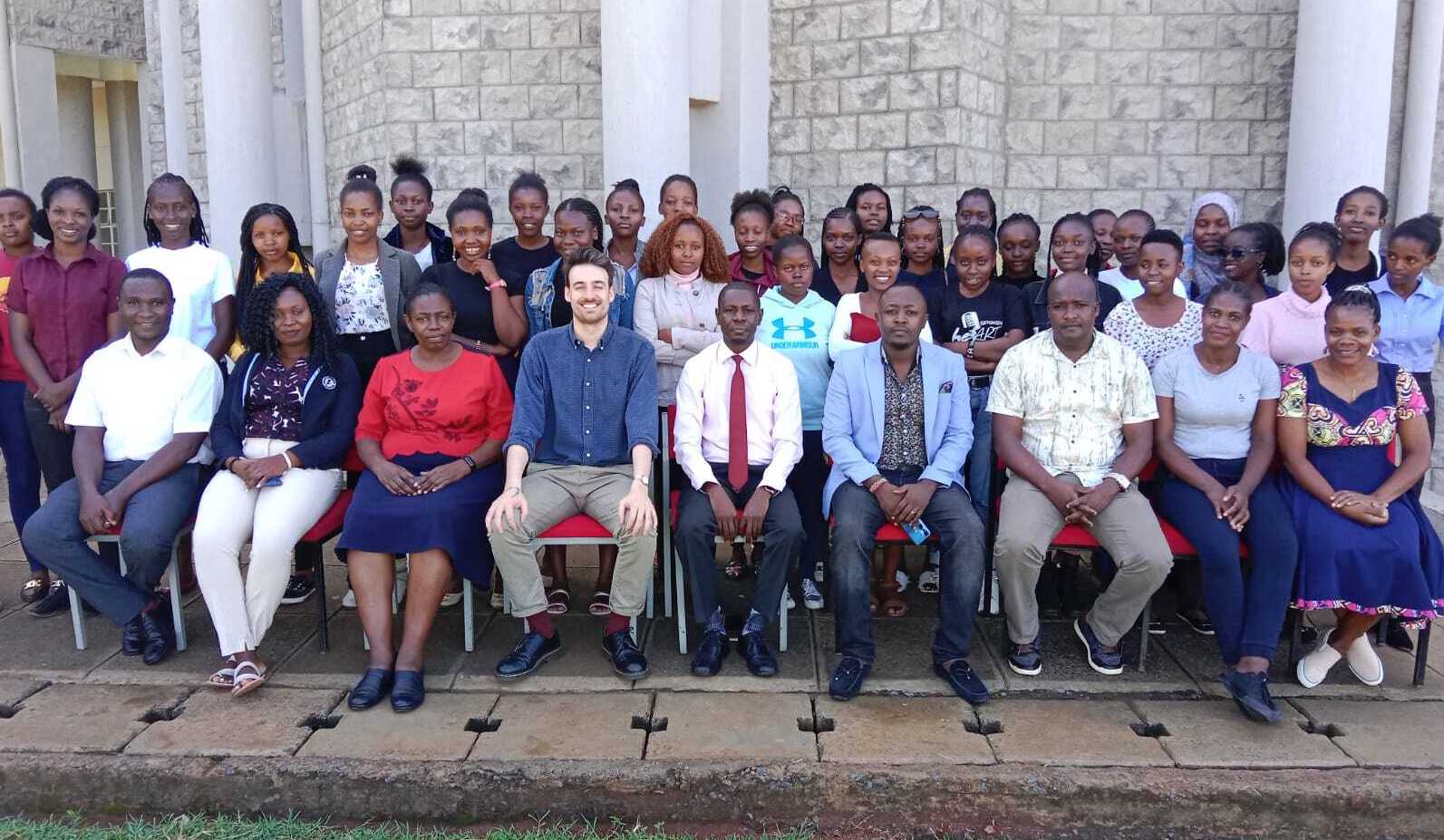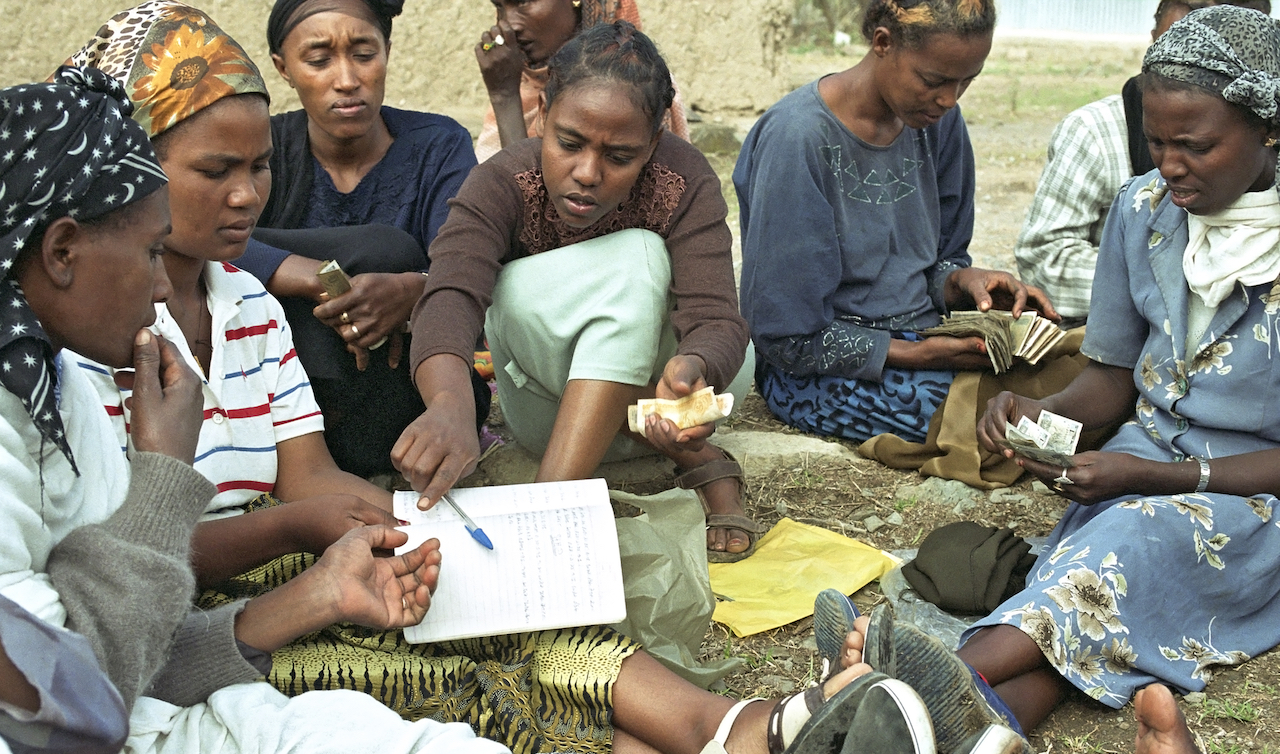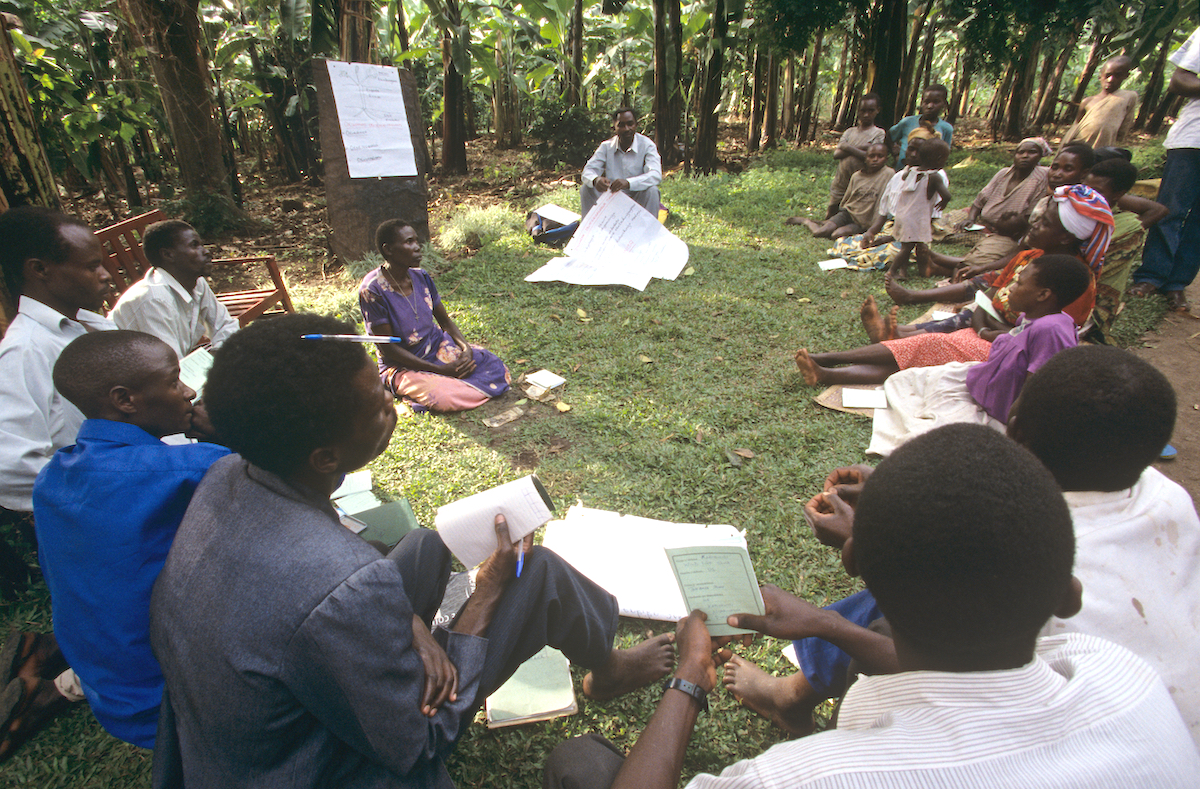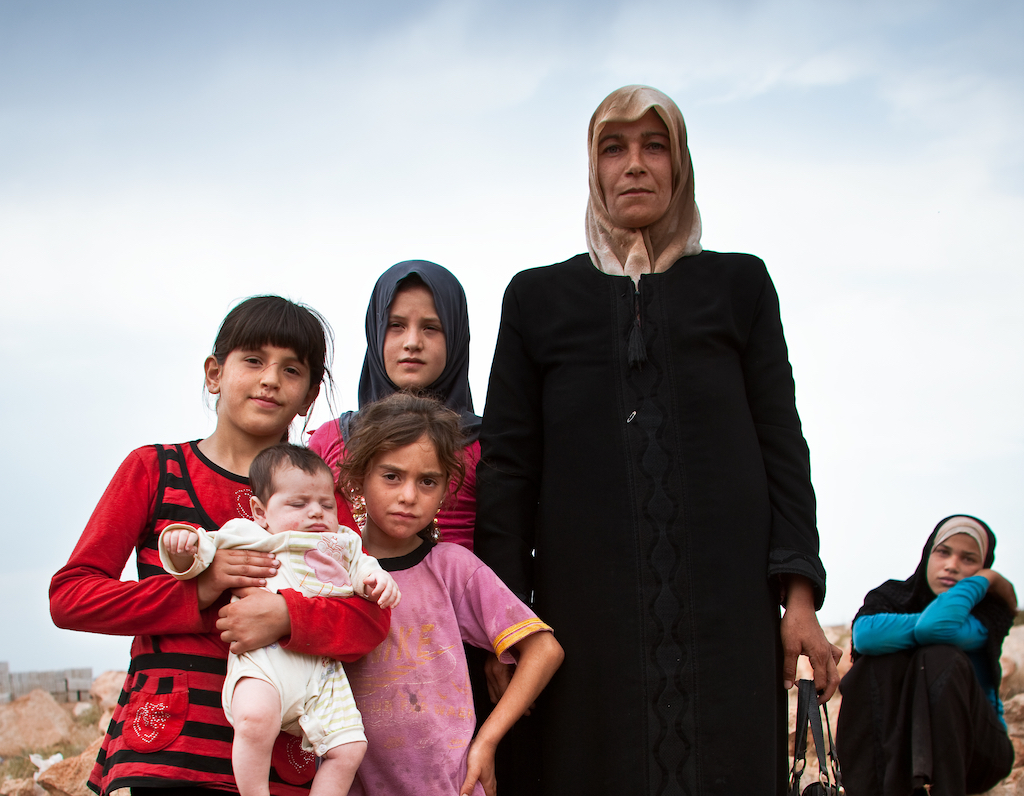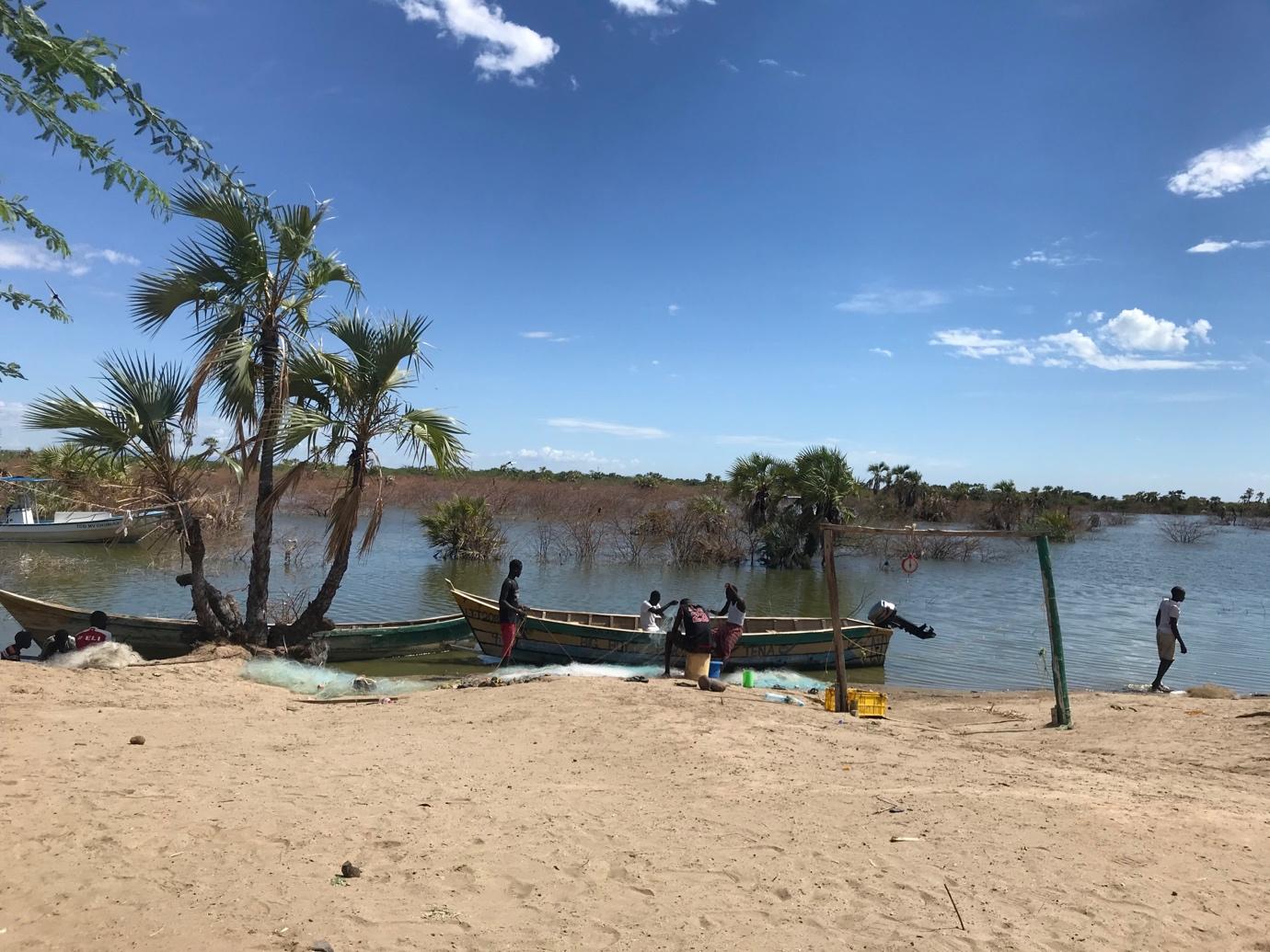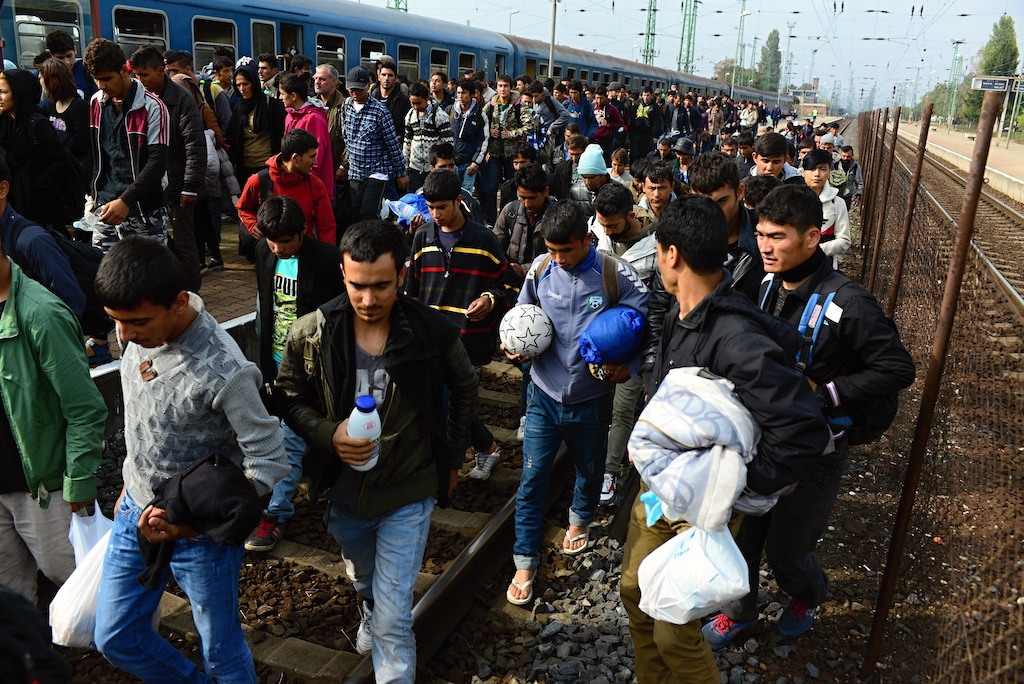Challenging the status quo on localisation
Esther Hodges
May 19th 2022
6 minute read.
‘Localisation’ is an aid sector buzzword - but is it actually leading to change?
Most simply described, localisation is the process of moving money and power into the hands of local actors, on the recognition that such actors generally understand a given humanitarian crisis or development scenario more deeply than might an INGO or donor headquartered thousands of miles away.
Although the concept is not new - it can be traced back at least to the UN General Assembly’s 1991 Resolution 46/182 (UNOCHA, 2012) - it is considered to be one of the next paradigm shifts in the way aid is delivered and development conducted. A 2019 survey of 93 development leaders found localisation to be one of the most frequently mentioned changes taking place in international development (Brookings, 2019: 9). At the 2016 World Humanitarian Summit, 63 development actors made commitments to ‘get more means into the hands of people in need … to improve the effectiveness and efficiency of humanitarian action’ under what is known as the Grand Bargain.
But what’s really happening with localisation? An independent five year review of Grand Bargain commitments found that progress is being made; for example, 13 of the 63 signatories were meeting the target of allocating 25% of their humanitarian funds to local actors (HPG and ODI, 2021: 18). However, this is only one indicator - and it suggests there is quite some way to go. It is even harder to determine how much power is being shifted.
Bodhi is privileged to gain insights into the work and practice of dozens of development actors as we conduct our research and evaluations. We see localisation as a highly complex process and think that getting it right requires tailored approaches, collaboration and honest discussion around positive practice and areas for improvement. As such, this blog aims to contribute to that discussion by setting out a few of the common challenges we see, and what we recommend in response.
Common challenges and our recommendations
What does localisation mean to local actors?
Localisation is linked to the move to decolonise development, recognising that development shares some uncomfortable similarities with colonialism (for example, the aid system often privileges White voices). As such, the sector should make a concerted effort to develop context-appropriate approaches to localisation that avoid universal applications defined by actors in the Global North. Given that localisation seeks to challenge the exclusion of local actors in development, joint planning and consultation is crucial to prevent reinforcement of the very structures it aims to disrupt.
We recommend that development actors discuss the term - and what it might mean - actively with local actors at the outset, and in the context, of any relevant work to ensure a shared understanding is reached.
Meaningful participation of local actors
Relatedly, a common challenge is a lack of meaningful consultation and participation of local and national actors - be they project partners, rights holders, local government, NGOs or CSOs - in the work which concerns them. This reflects a broader challenge with regard to localisation: work with local actors can be delivered as a box ticking exercise, in which INGOs seek the involvement of local actors in what can be extractive and unequal relationships to satisfy donor requirements.
To tackle this within our own scope of practice, Bodhi recommends the involvement of local actors at all stages of evaluation or research delivery. At the design phase, we recommend project partners’ and rights holders’ involvement in developing evaluation or research questions as well as criteria for success. At fieldwork and data collection stages, we recommend research is conducted according to feminist research methodologies which emphasise informed consent and accessibility of research questions to participants. At dissemination and uptake stages, we recommend findings be shared with all research participants to ensure they understand what their expertise and labour has contributed to - and what will change as a result.
In our report recommendations, we advocate focus on areas required for structural change. For example, we encourage clients to seek to secure or disburse multi-year, flexible funding which targets the needs of the local actor (be that grants management, bid-writing, staff retention or other). This is intended to avoid situations where local actors remain as implementing partners in unbalanced relationships, and to reduce the likelihood of the procurement and administrative bottlenecks which often discourage meaningful work with local actors or which push risk down to local actors where they are not able to work according to donor requirements.
What does localisation mean to donors and INGOs?
We’ve found that localisation means different things to different organisations. In fact, many organisations don’t yet have a fully elucidated internal definition of what the term means to them, or how they might define and deliver commitments against it.
To avoid paying lip-service to the term, we challenge clients to clearly define what they mean by ‘localisation’ in the context of a given project, and their commitments thereto, at the outset of a piece of research or evaluation. By encouraging this practice, we hope to support development of internal understandings around what the term means, and to deliver honest findings on good and poor practice in relation to the work, alongside clear recommendations.
Challenging the status quo
Bodhi is concerned that ‘localisation’ is becoming a buzzword which is frequently mentioned and infrequently acted upon. While this is in some ways understandable as organisations feel their way on a complex issue, there is the potential this could create a damaging status quo which protects slow action under the promise of change to come.
Ultimately, we should remember that localisation means local action, local power and local agency. Therefore, it must be developed - in meaning and in practice - according to the expertise and priorities of local actors.

